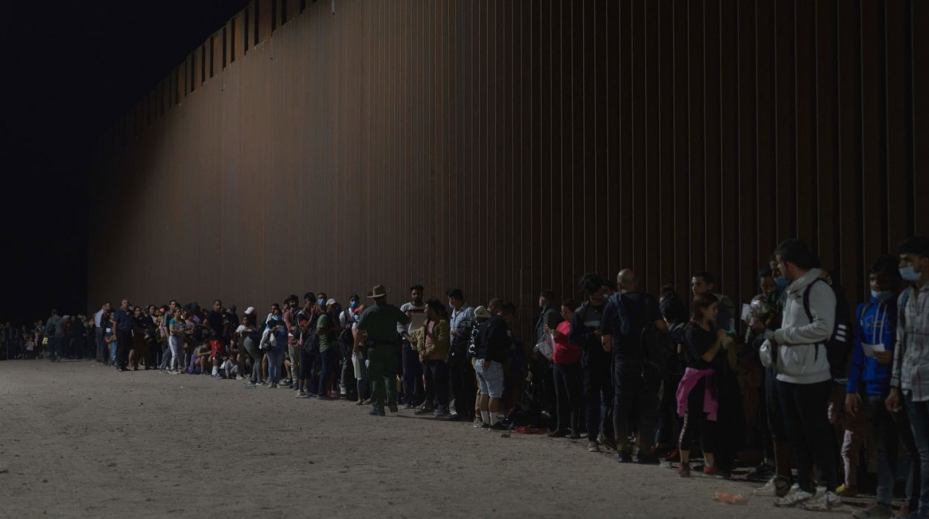What We're Reading

Ellen Smith, University of Leicester
Marilyn Lake and Henry Reynolds, Drawing the Global Colour Line: White Men's Countries and the International Challenge of Racial Equality (Cambridge: Cambridge University Press, 2008).
In Drawing the Colour Line, the authors seek to redress whiteness studies in radical ways. They have implemented a transnational framework to shape our understanding of emerging white consciousness, beginning in the late nineteenth century, across Britain, North America, South Asia, Africa and Australia. They employ Benedict Anderson’s ‘imagined communities’, to show how white people amassed into a global and ‘transnational community’ in defiance of perceived and real resistance of colonised populations at this time.
Julie Powell, Bodies of Work: The First World War and the Transnational Making of Rehabilitation (Cambridge: Cambridge University Press, 2022).
Julie Powell explores how the Allied states during the First World War ‘collaborated locally, nationally and transnationally’ on projects of rehabilitation and rehabilitating men disabled through war. It builds on recent moves to uncovering transnational networks to show how gendered programmes of post-war rehabilitation and reconstruction were conceived beyond individual nation states.
John McAleer (2022): ‘The Little Nothings of Our Life’: Furlough, Recovery and Imperial Interlude at the Cape Colony, 1796–1850, The Journal of Imperial and Commonwealth History, DOI: 10.1080/03086534.2022.2116150.
The hook of John McAleer’s article pertains to the letters of an Indian army officer seeking respite and restoration from India’s climate in the nineteenth century. The letters he has found reveal the movement of the British in India around the Indian Ocean and the wider southern hemisphere for furlough, transforming our understanding of furlough as a purely metropole to colony arrangement. He shows the ‘interconnections’ that animate personal and family decisions to migrate and travel in empire, and the global factors impacting ideas of health, wellbeing, belonging and residence.
Marc Reyes, University of Connecticut.
Yakov Feygin and Nils Gilman, The Designer Economy, Noema
After the 2008 financial crisis, there was a growing feeling, especially among policymakers, that stagnant wages and middling unemployment were the best the modern economy could do. Works like Thomas Piketty’s 2014 book, Capital in the Twentieth-First Century, argued that the capitalist economy would always underdeliver because of its inherent inequalities, thus depriving workers of more opportunities, higher wages, and a more equitable future. That consensus, shattered in parts by Donald Trump’s 2016 election and the COVID pandemic, however, is coming undone as policymakers, on both the left and right, are proposing using the federal government to shape the “real economy” more actively – particularly on wages, employment, and investment. What Feygin and Gilman propose goes beyond industrial strategy or the government picking “winners and losers,” but what they call the “Designer Economy” whose focus “is on a dynamically changing future, and it aims to produce tools to enable various actors in the economy to adapt to these changes in a matter that preserves the public preferences through iterative experimentation.” This type of economy is more aware of technological and economic trends and places a greater emphasis on creating a vibrant, verdant, and egalitarian future.
Shivshankar Menon, Out of Alignment: What the War in Ukraine Has Revealed About Non-Western Powers, Foreign Affairs
Menon, India’s former Foreign Secretary and National Security Advisor, argues that while much of the reporting on the war in Ukraine has focused on the coalition established by the U.S. and its NATO allies in Europe, countries in the Global South like India, Indonesia, and South Africa have abstained from condemning Russian aggression and sought to maintain relations with both Russia and the West. Emerging from COVID and dealing with more immediate concerns like climate change or development aid or debt crises, these countries do not see the war in Ukraine as a crucial issue. Instead, many in the Global South see the war as the future of Europe, not the future of the world order. As the war enters its second year and remains a great-power contest between the U.S. and Russia and to some extent, China, the countries of the Global South are unlikely to see much progress in the urgent issues that preoccupy much of their attention.
Reva Dhingra, U.S. Migration Policy and Non-State Groups: Lessons from Libya, Brookings
As the U.S. rolls out a series of measures to respond to the record number of migrant and asylum seekers at its southern border, as well as terminate its controversial Title 42 pandemic-related border policy, Dhingra, a Brookings Fellow, recommends the U.S. look at the role Libya played in the recent Syrian refugee crisis. The U.S. is currently negotiating an agreement with Mexico where expelled migrants and asylum seekers (many of whom are non-Mexican) would be deported to Mexico and then from there, could be offered new legal pathways for asylum and away from predatory smugglers. Libya, Dhingra argues, played a similar role for the European Union (EU), cracking down on migrant and asylum seekers trying to reach Europe. But cracking down, in some cases, meant state or hybrid militias torturing or killing migrants with impunity, all part of preventing them from reaching Europe. Some militias even got involved in human trafficking, managing to get paid to deter it and allow it to happen. While Dhingra cautions that the parallels are not exactly direct between the two events, the U.S. must be aware of the ramifications of deputizing states, and any actors they choose to bring in, to solve U.S. immigration problems. Recent history shows us that efforts to deter and expel can have deadly consequences.